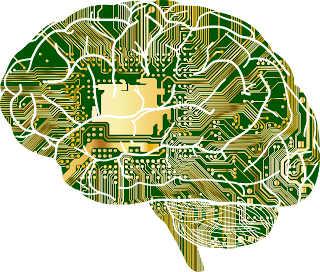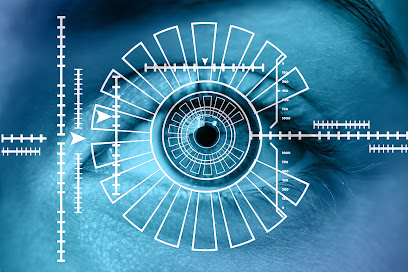"The ethics of AI: Navigating the moral dilemmas of autonomous technology"
As artificial intelligence (AI) becomes increasingly integrated into our daily lives, it's important to consider the ethical implications of this powerful technology. From self-driving cars to facial recognition systems, AI has the potential to radically change the way we live and work. However, with great power comes great responsibility, and the development and use of AI raises a number of moral dilemmas that must be addressed.
One major ethical concern is the issue of bias in AI systems. AI algorithms are only as unbiased as the data they are trained on, and if the data contains biases, the AI will likely reflect those biases in its decision-making. For example, facial recognition technology has been shown to be less accurate for people with darker skin tones, and some AI-powered hiring tools have been found to discriminate against women and minority candidates. To combat bias in AI, it's essential to ensure that the data used to train AI models is diverse and inclusive, and to regularly review and test the performance of AI systems to identify and address any biases.
Another ethical concern is the issue of transparency and accountability in AI systems. As AI becomes more sophisticated, it may become difficult to understand how an AI system arrived at a particular decision. This is known as the "black box" problem, and it makes it difficult to hold AI systems accountable for their actions. To address this, researchers and developers must strive to create AI systems that are transparent and explainable, and to establish clear guidelines and regulations for the use of AI.
A third ethical concern is the issue of autonomy in AI systems. Autonomous systems, such as self-driving cars, have the ability to make decisions without human input. This raises questions about the responsibility for the actions of these systems, and what happens when things go wrong. To address this, it's essential to establish clear guidelines and regulations for the use of autonomous AI systems, and to ensure that these systems are designed with safety and human well-being as a top priority.
In conclusion, as AI continues to advance, it's essential to consider the ethical implications of this powerful technology. From bias and transparency to autonomy and accountability, there are a number of moral dilemmas that must be addressed. By being mindful of these issues, we can ensure that the development and use of AI is guided by a strong ethical framework that prioritizes the well-being of all stakeholders.












Comments
Post a Comment